Expressionists: Kandinsky, Münter and the Blue Rider opens at Tate Modern
The enduring vision of a borderless creative community is chronicled in Tate Modern’s latest exhibition, writes Daria Hufnagel
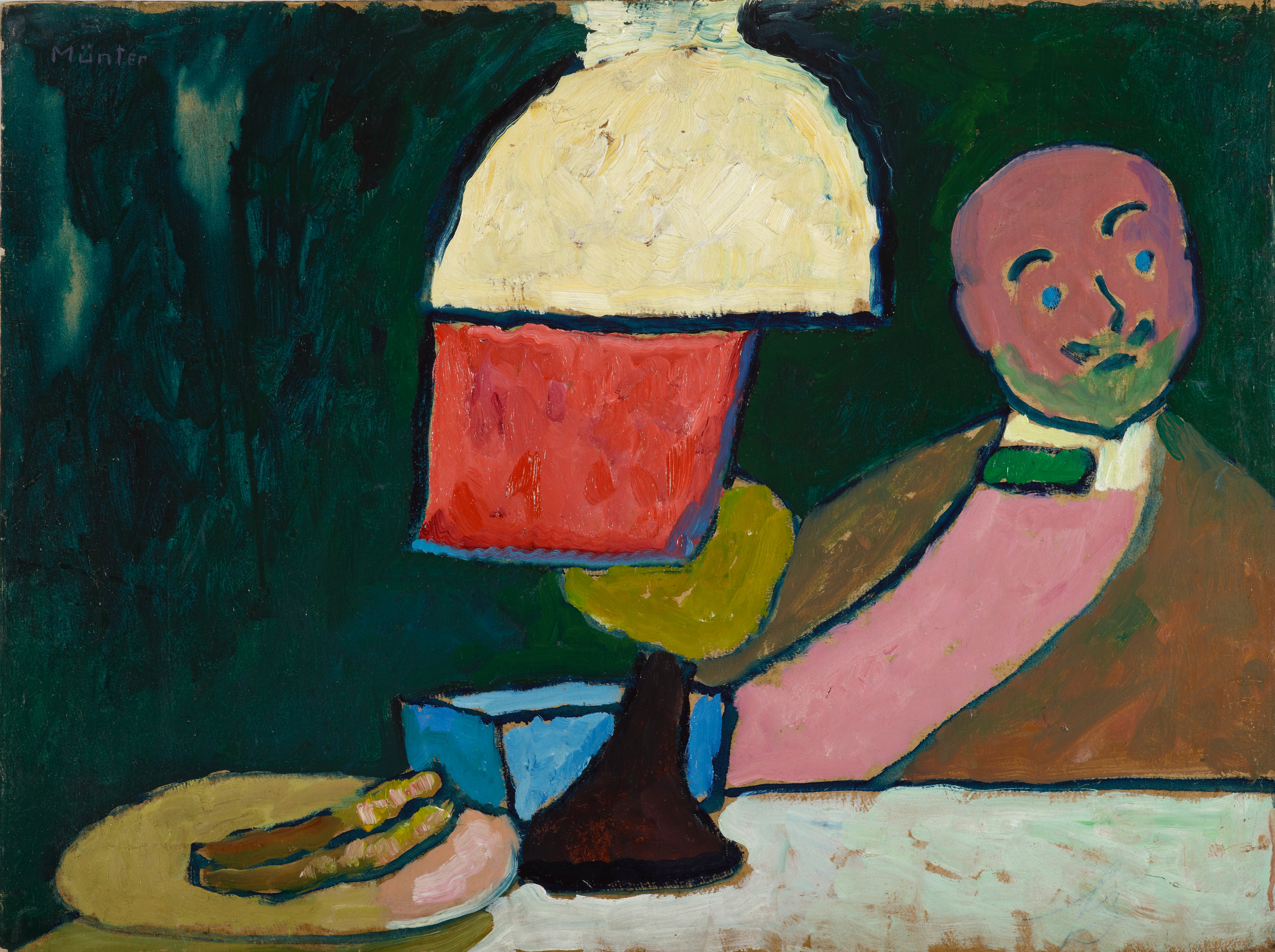
Your support helps us to tell the story
In my reporting on women's reproductive rights, I've witnessed the critical role that independent journalism plays in protecting freedoms and informing the public.
Your support allows us to keep these vital issues in the spotlight. Without your help, we wouldn't be able to fight for truth and justice.
Every contribution ensures that we can continue to report on the stories that impact lives

Kelly Rissman
US News Reporter
In the early 20th century, the international collective known as Der Blaue Reiter (The Blue Rider) ignited a revolution in modern art.
Their remarkable journey is chronicled in the exhibition Expressionists: Kandinsky, Münter and the Blue Rider at Tate Modern, showcasing the group’s daring explorations of form, colour, sound, and performance.
Drawing from the esteemed Lenbachhaus collection in Munich, renowned for housing the world’s richest collection of expressionist masterpieces, the exhibition celebrates iconic figures such as Wassily Kandinsky, Gabriele Münter, Franz Marc, and Paul Klee, while also highlighting previously overlooked artists such as Vladimir Burliuk and Maria Franck-Marc.
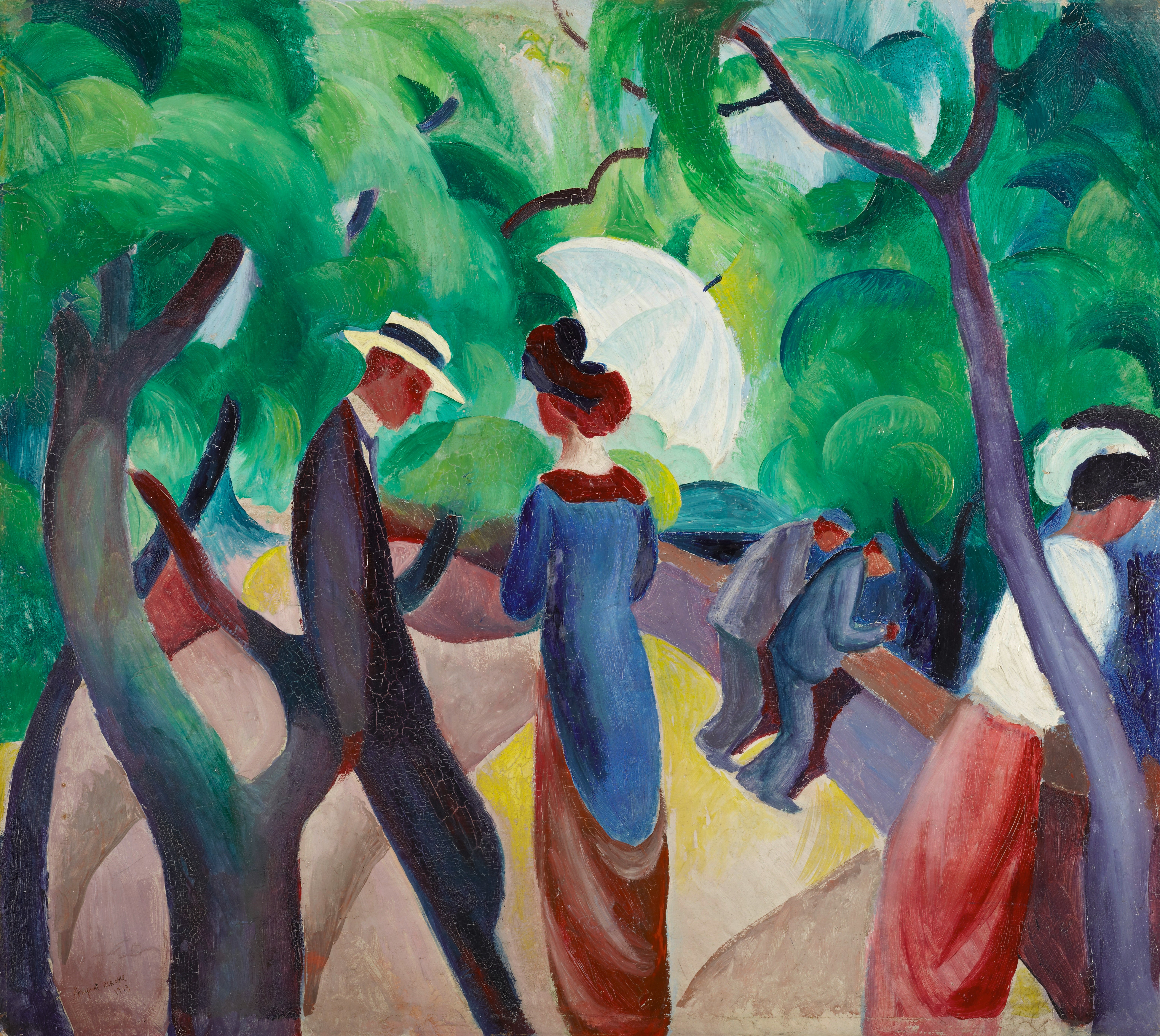
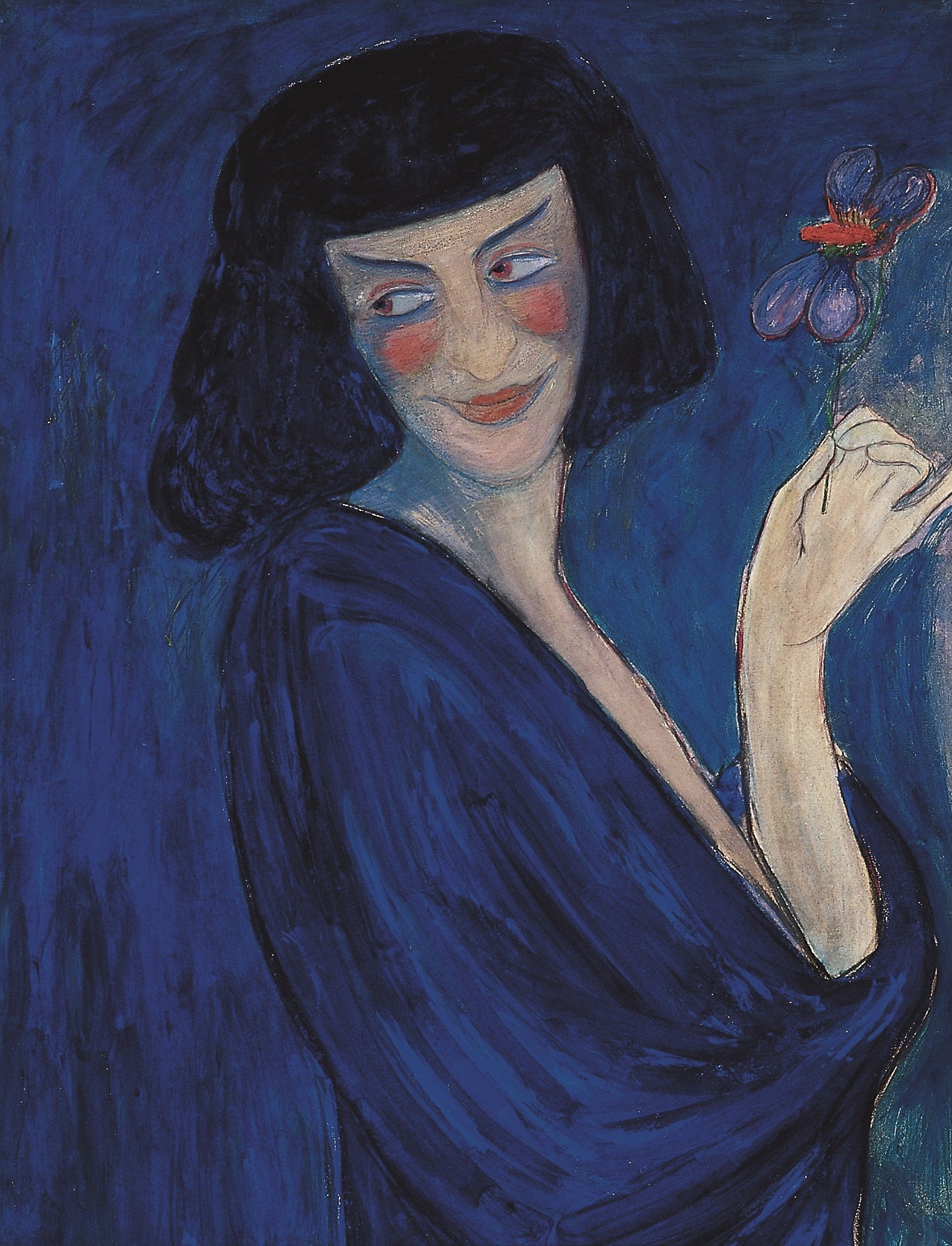
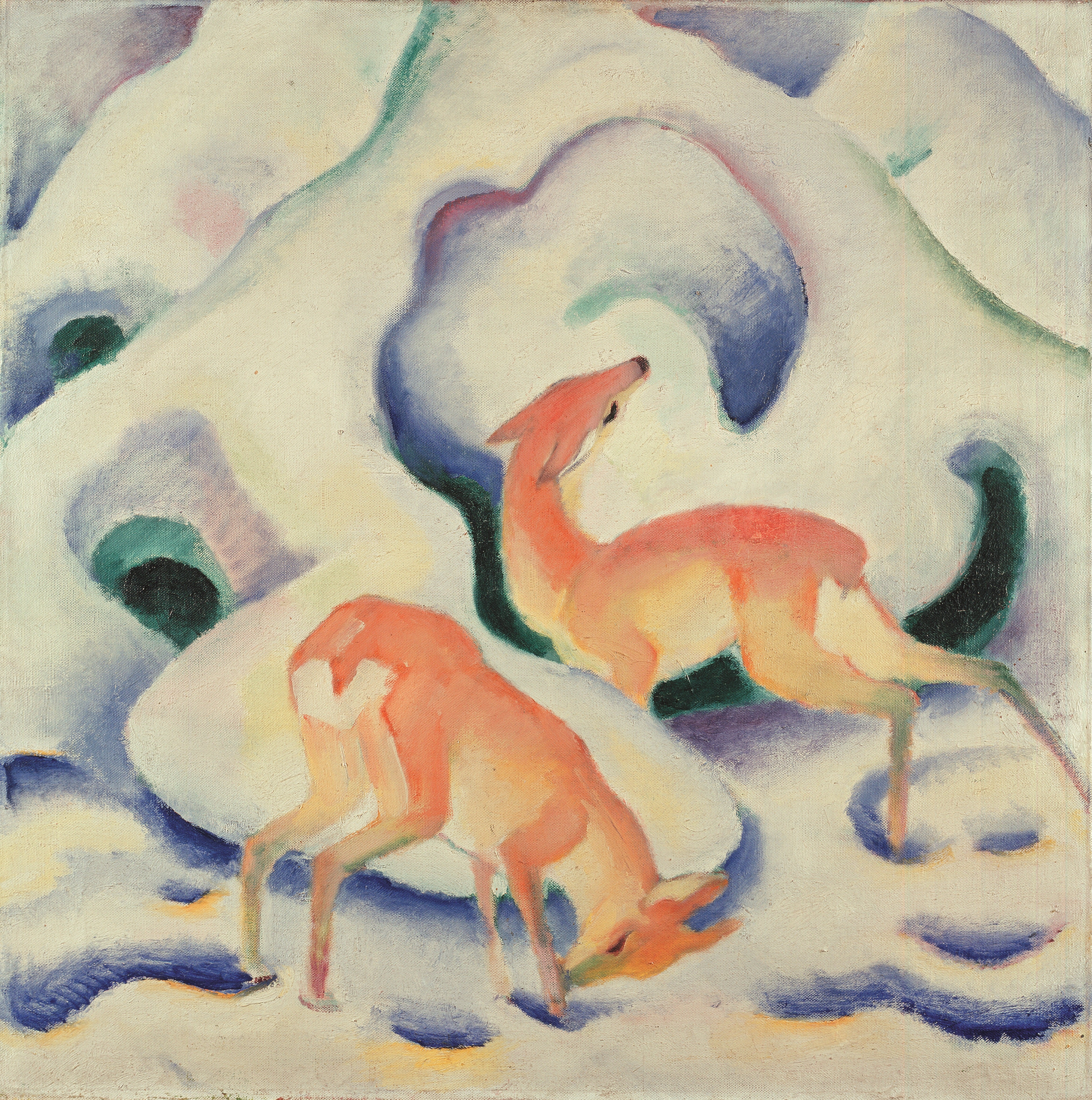
Bound by a shared mission to express personal experiences and spiritual ideas, the Der Blaue Reiter collective united artists from western and eastern Europe, as well as the US. In two public exhibitions in Munich in 1911 and 1912, the group boldly showcased their vision of cultural diversity, emphasising that “the whole work, called art, knows no borders or nations, only humanity”.
Their groundbreaking Almanac, published in 1912 by Kandinsky and Marc, is a further testament to the group’s progressive ethos.
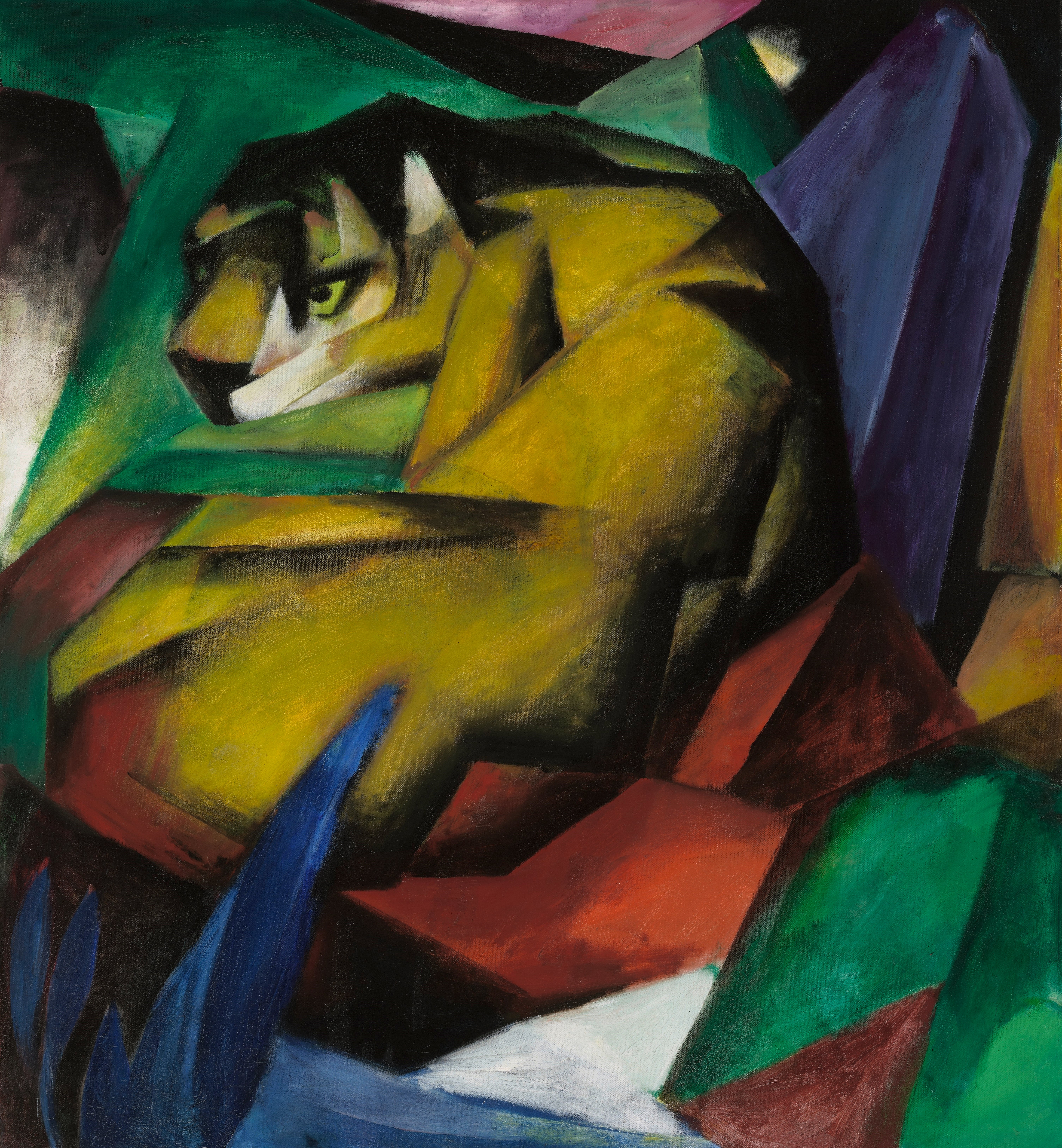
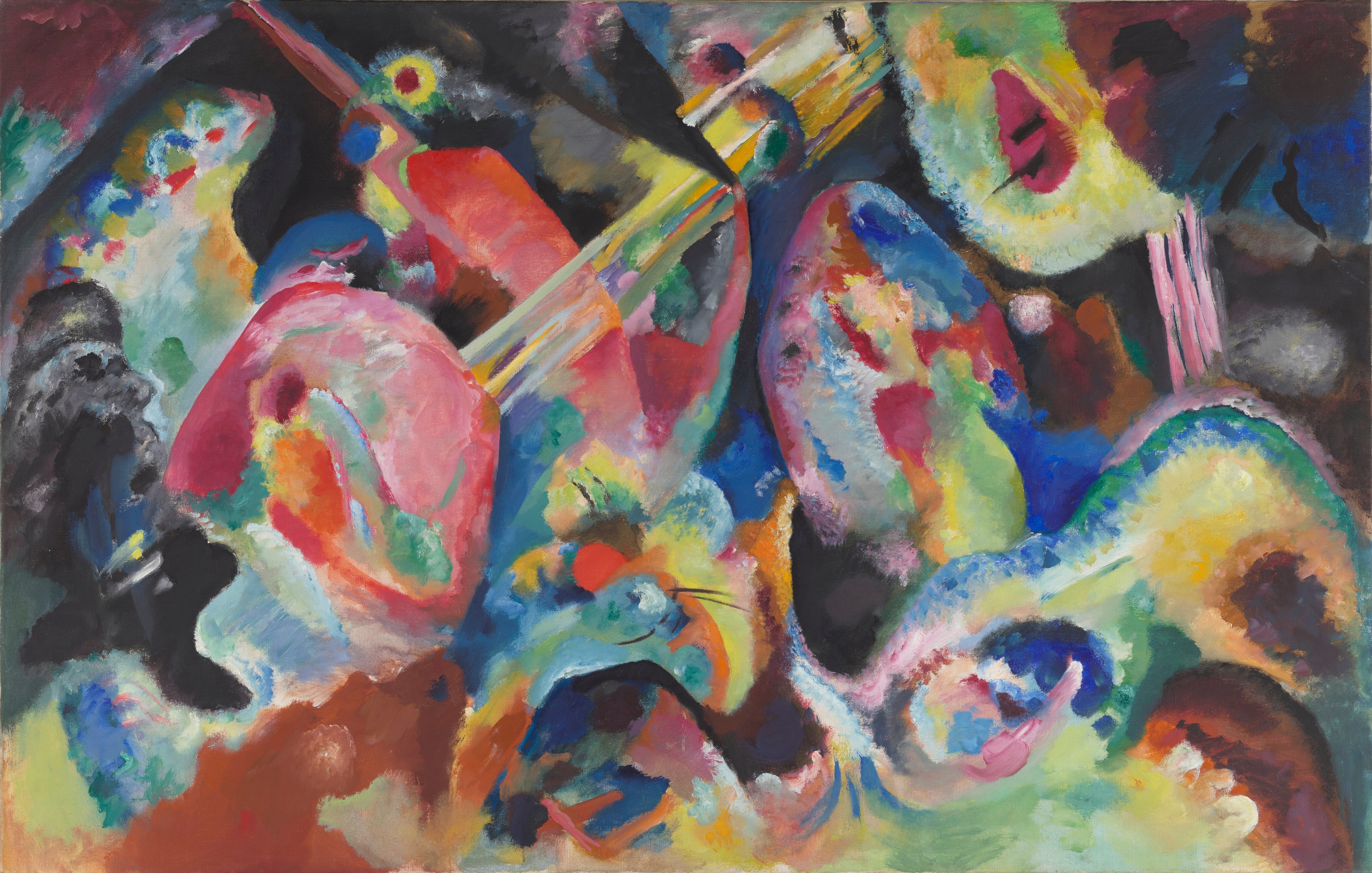
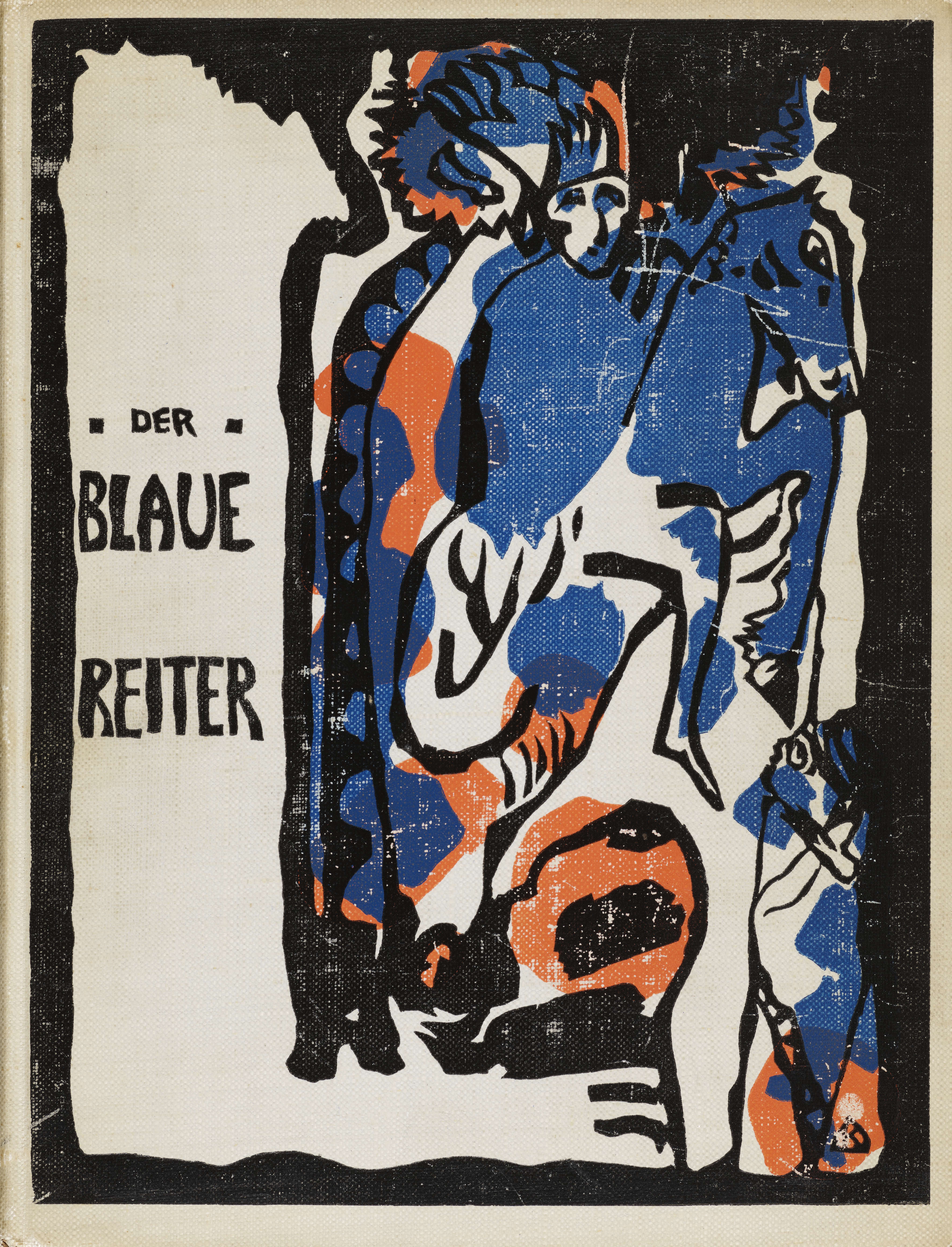
In addition to tracing the collective’s emergence and evolution prior to the First World War, the exhibition also highlights their lasting influence.
Through manifestos, editorials, curated exhibitions, and partnerships with museums and galleries, the artists cemented their legacy.
Although the group disbanded with the onset of the First World War, their vision of a transnational creative community remains compelling and relevant to this day.
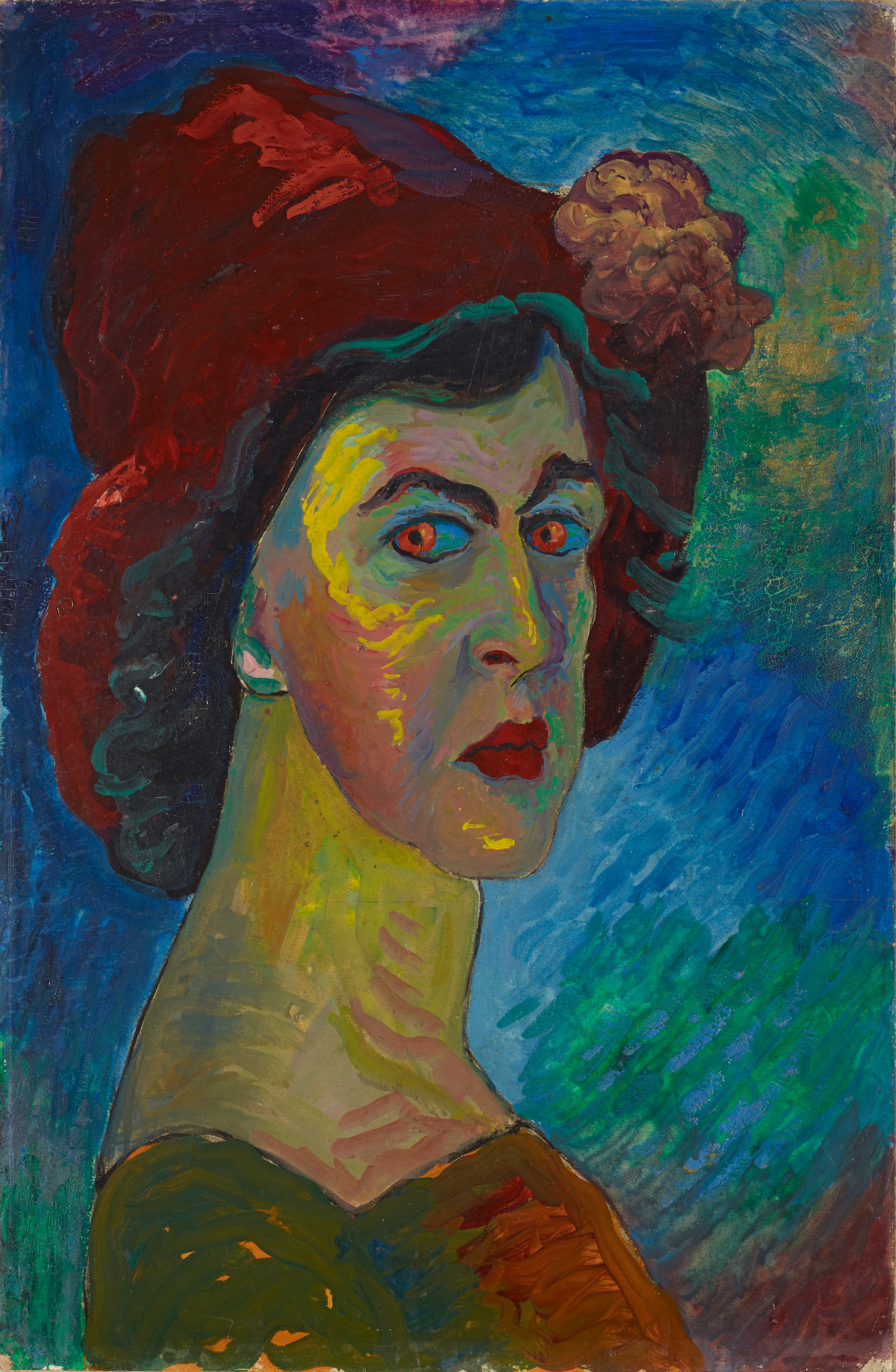
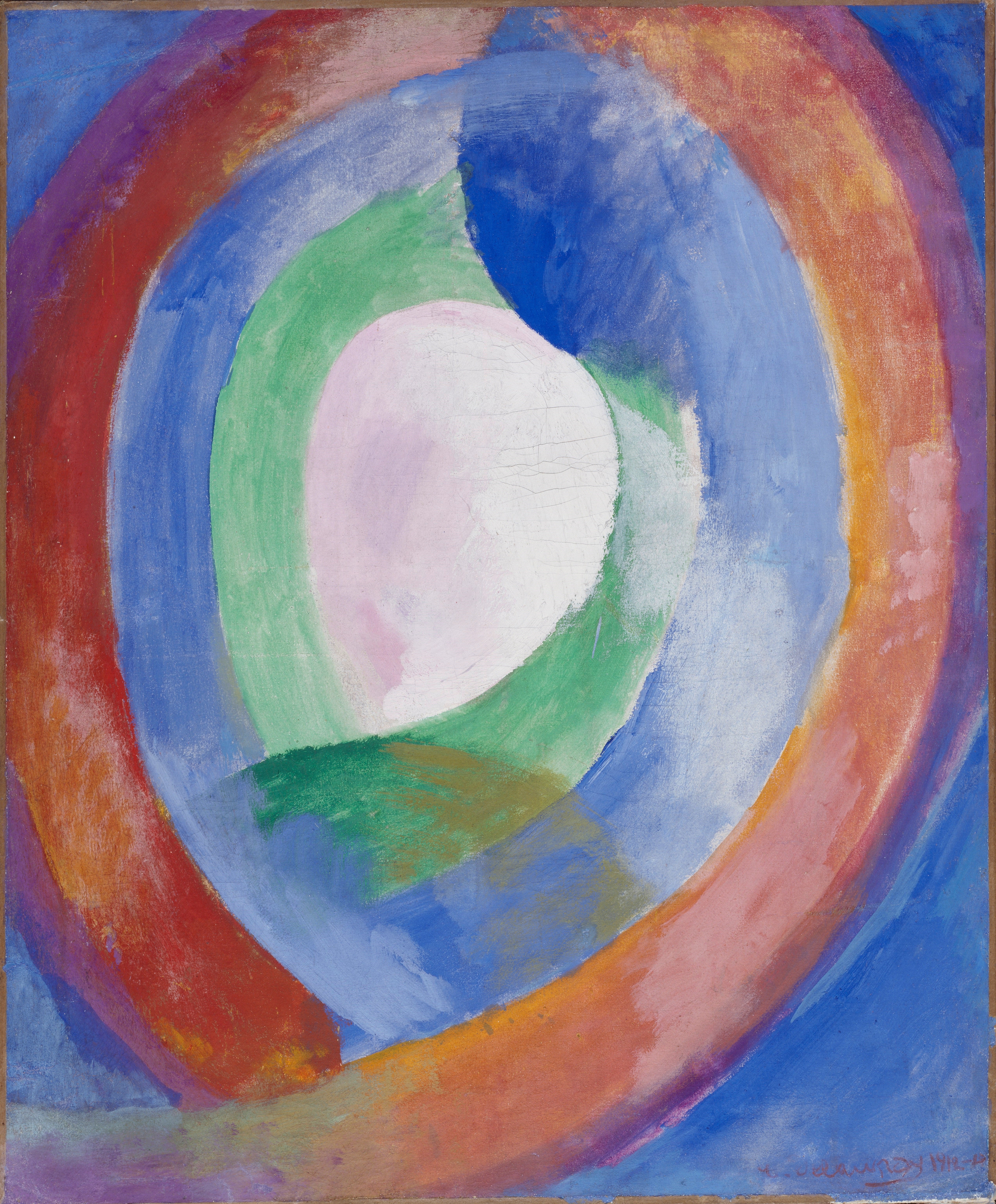
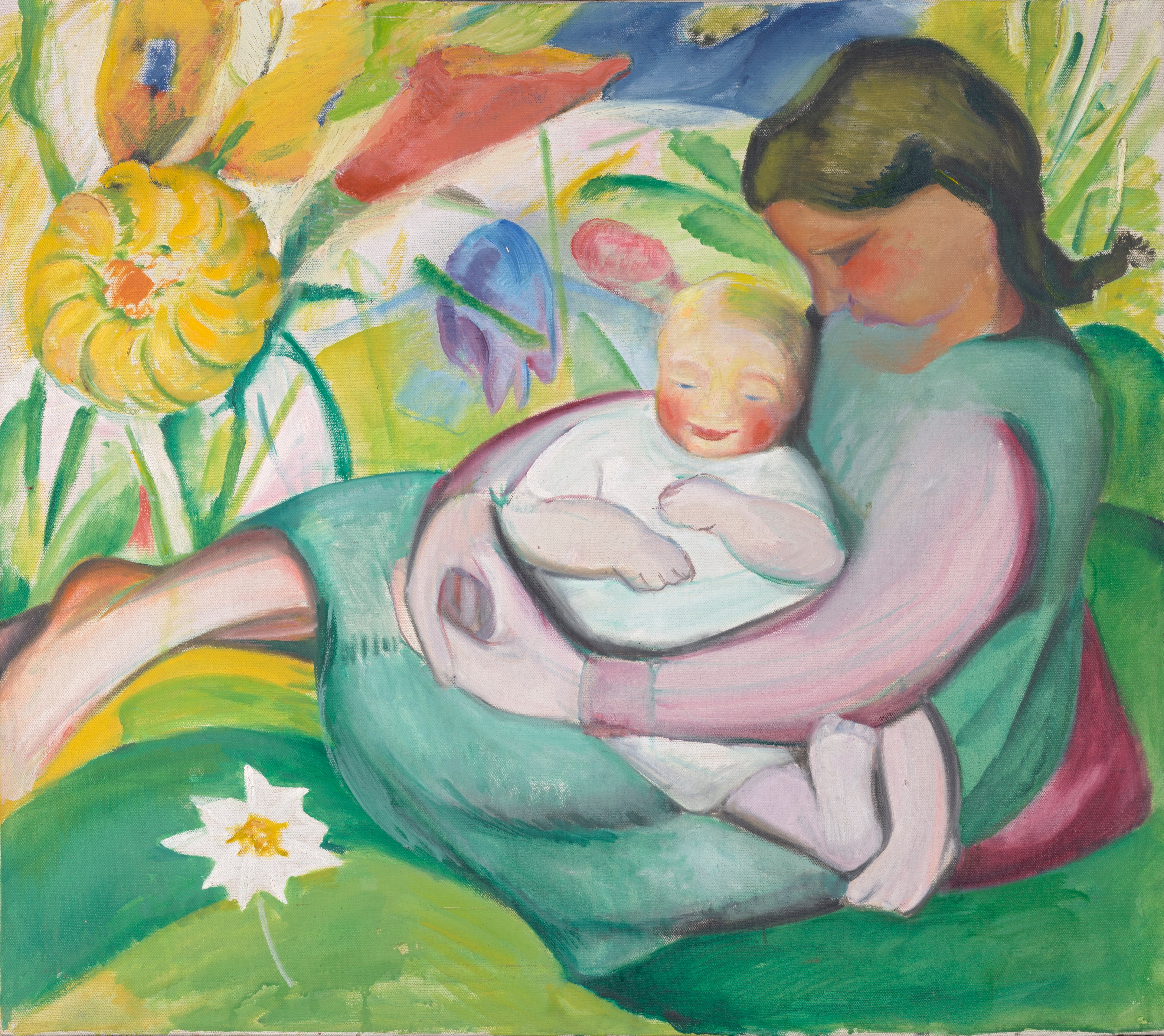
Expressionists: Kandinsky, Münter and the Blue Rider will be on show at Tate Modern from 25 April to 20 October
Subscribe to Independent Premium to bookmark this article
Want to bookmark your favourite articles and stories to read or reference later? Start your Independent Premium subscription today.
Join our commenting forum
Join thought-provoking conversations, follow other Independent readers and see their replies
Comments